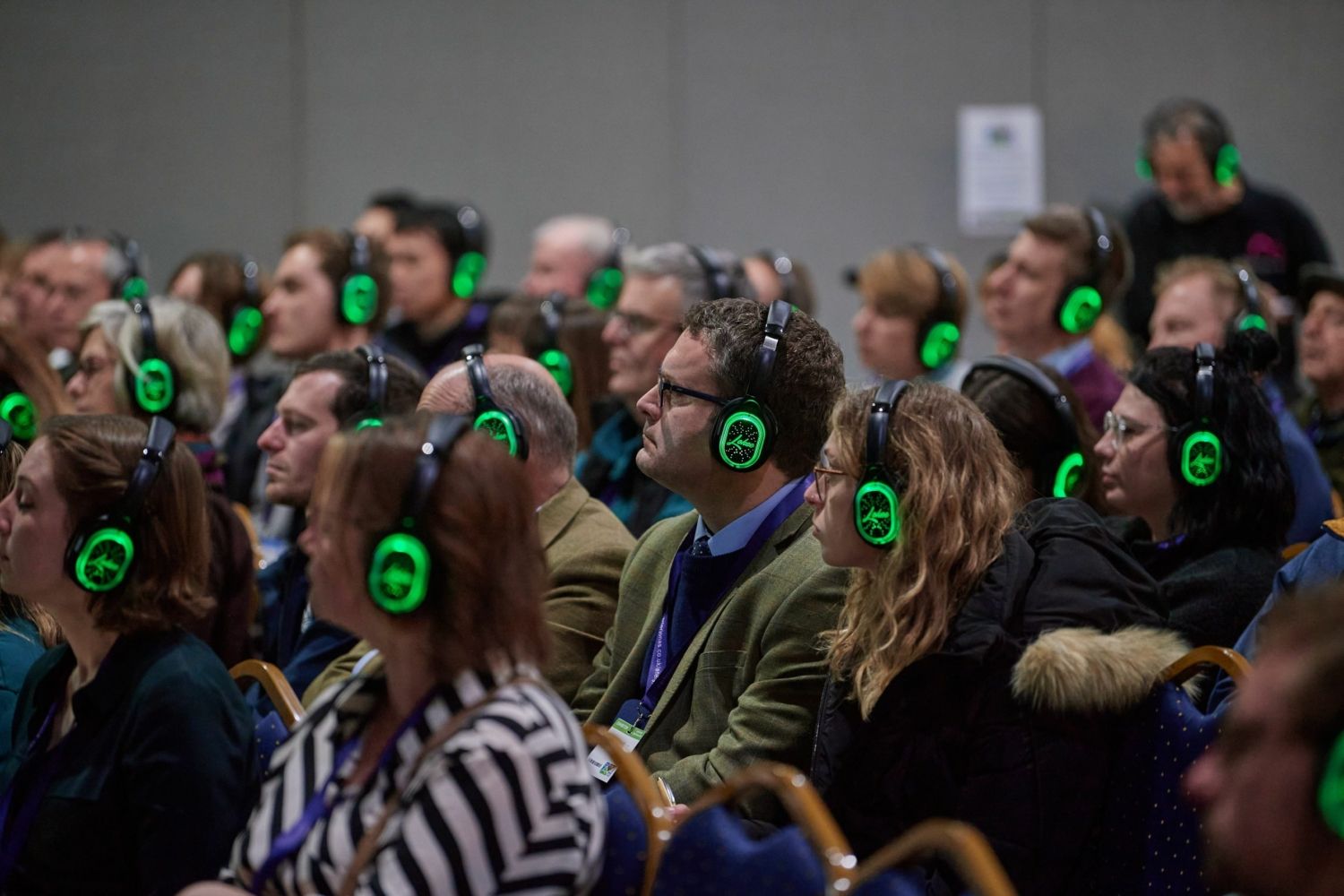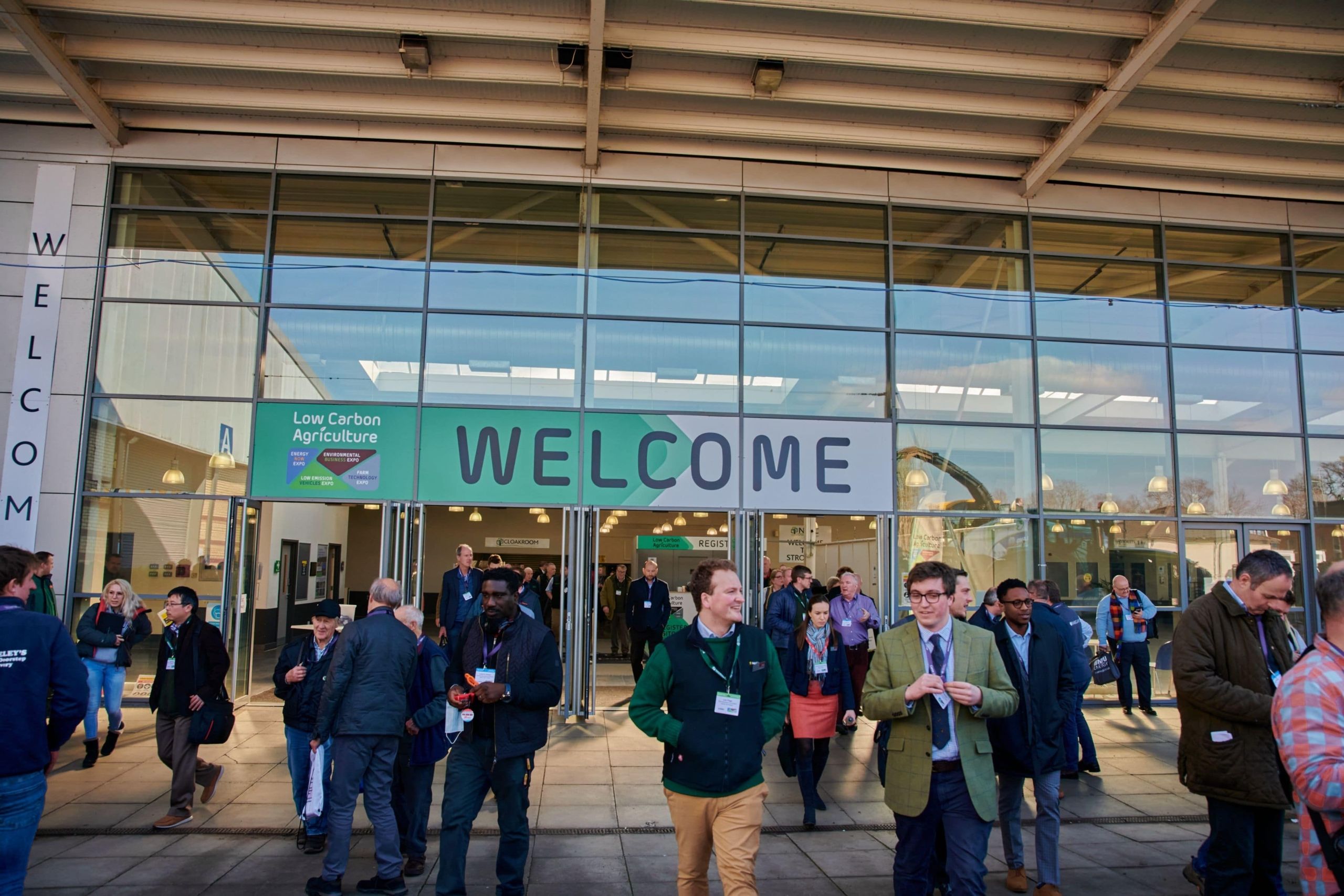Assessing farm carbon emissions with PRISM 2030
)
A grazing event has put some meat on the bones of ABP's sustainability programme PRISM 2030, by bringing together beef and lamb farmers with technical experts and the Agrecalc team on a suckler beef farm in Cheshire.
ABP’s PRISM 2030 (Programme for the Improvement in Sustainability of (red) Meat) initiative brought beef and lamb farmers and technical experts together, for a grazing and knowledge transfer event on a suckler beef farm in Cheshire, offering a first look at initial findings of the research which aims to help red meat producers reduce their carbon footprint.
Farmer Ian Norbury hosted the gathering on his holding near Mobberley, to explain what business changes he has implemented since joining PRISM 2030.
Ian manages a herd of 120 pedigree Angus cows, selling breeding bulls and finishing heifers and steers for ABP. He joined PRISM 2030 in autumn 2022 having already used the carbon calculator, Agrecalc, to measure his farm’s GHG emissions back in 2020.
He then identified ways to reduce emissions, primarily planting herbal leys and rotationally grazing cattle, eliminating fertiliser requirement, and improving daily liveweight gains. He now outwinters finishing cattle on bale grazing, only housing calving cows during late winter, minimising straw use and keeping nitrogen on the grassland.
Reducing input costs and eliminating plastic waste
Many of the forage bales made on the farm are tight baled and so require no wrap, eliminating plastic waste, reducing input costs, and minimising labour demands during winter. Regular weighing of cattle means he can select smaller heifers for breeding and finish larger framed heifers, monitoring growth rates and feeding accordingly.
Ian has reduced mature cow weight from 780kg to 650kg over the past four years, reducing the overall carbon footprint of each cow.
PRISM 2030 offered Ian the opportunity he sought, to repeat his carbon calculations with Agrecalc, and presented him with advice from The Andersons Centre, Harper Adams University and other farmers involved.
During the morning, farmers from up to several hours away, were joined by ABP’s PRISM 2030 partners of farm business consultants The Andersons Centre, Professor Jude Capper of Harper Adams University and the Agrecalc team, led by the Industry Development Director, Julian Bell.
He said: “This is a perfect example of how data and benchmarking can positively influence business decisions. When you have your baseline, you’re equipped with a starting point on a map from which you learn, plan and adapt as you go along.”
Helpful to be armed with accurate and representative data
Professor Capper told farmers that the findings from the project so far are proving helpful in illustrating just how much those involved are achieving, by monitoring and reducing their farm carbon emissions, with the support of ABP:
“It’s really important for our industry – which faces arguably more than its fair share of criticism – to be armed with much more accurate, representative data which we can point to,” explained Professor Capper.
“We already know some of the broad factors which effects the carbon footprint of a farm but what we don’t is how that plays out on-farm. Often, we see two similar farms but with very different carbon footprints. We also see seemingly high-performing farms, which in theory ought to have a lower carbon footprint, with higher ones than lesser-performing farms. This project will help us to understand why.”
Telling the story of British farming
Moving around different aspects of the farm, The Andersons Centre and Agrecalc explained their role in assessing farm carbon emissions and offering recommendations, and Ian gave insight into his handling system investment, planting and management of GS4 leys and led a tour of the bale grazing set-up, ready for cattle to turn out into during November.
Through PRISM 2030, ABP hosts discussion groups, gives advice and offers a Sustainability Grant, to support investment with improvements such as herbal ley mixtures, weigh-scales and handling systems.
Katie Thorley, ABP’s Agri Sustainability Manager, says this research project is vital for supporting farmers and communicating UK agriculture’s strong sustainability position.
“Investing in PRISM is partly about telling the story of British farming,” she said. “There is no doubt in my mind that many people have negative connotations around the impacts of farming, and we must tell the real story and demonstrate all that is good about our sector.”
“Every farm will be re-tested in two years’ time, and we very much look forward to watching PRISM 2030 progress and finding out what the next chapters reveal.”
ABP Food Group works with a network of over 35,000 farmers and is renowned for paying its suppliers on the day of delivery at strategically located local abattoirs that minimise animal transport distances. ABP Food Group contributes an estimated €1.3bn each year into the rural economies in which it operates. They recognise that the farmers who supply meat to the processor are vital partners in ensuring that the quality of product is maintained.



